On FA Cup third-round day in January 1990, Manchester United had gone six First Division games without a victory and were in serious danger of being sucked into a relegation battle.
Finishing 11th the year before was bad enough, but now the decline looked terminal. 'The Massacre of Maine Road', a 5-1 defeat at Manchester City, had set the tone for the season some three months earlier. Many supporters had given up on manager Alex Ferguson.
It was during a 2-1 defeat at Crystal Palace, the second match of that winless streak, when fans unveiled the infamous banner: “3 Years Of Excuses And It’s Still Crap. Ta Ra Fergie.” This was back in the day when managers often lasted five to 10 years; when supporters rarely campaigned for change.
Basically, Ferguson needed a win. He needed an FA Cup run to distract the fans from the club's league form. Nottingham Forest away, then, was hardly an ideal draw.
“Every day in the lead up to that game we were picking up the papers and reading that the manager was facing the sack,” Viv Anderson told the Manchester Evening News in 2015.
What happened next is the stuff of legend in Manchester.
“I just remember a sense of relief afterwards and then also the feeling that it could be our year kicked in,” Anderson said. “There was a renewed sense of optimism after that win. It triggered something and we turned the corner.”
Mark Robins headed the only goal in a 1-0 victory, ending the slump and revitalising the team. United went on to win the FA Cup – an achievement, back then, as prestigious as winning the league title – and Ferguson was kept on.
Chairman Martin Edwards and board member Sir Bobby Charlton have since denied Ferguson would have been sacked had it not been for Robins' goal at the City Ground, but that’s a dubious line.
Ferguson may not have been fired on the spot but without winning the FA Cup United wouldn’t have qualified for the Cup Winners’ Cup, which they won the following year.
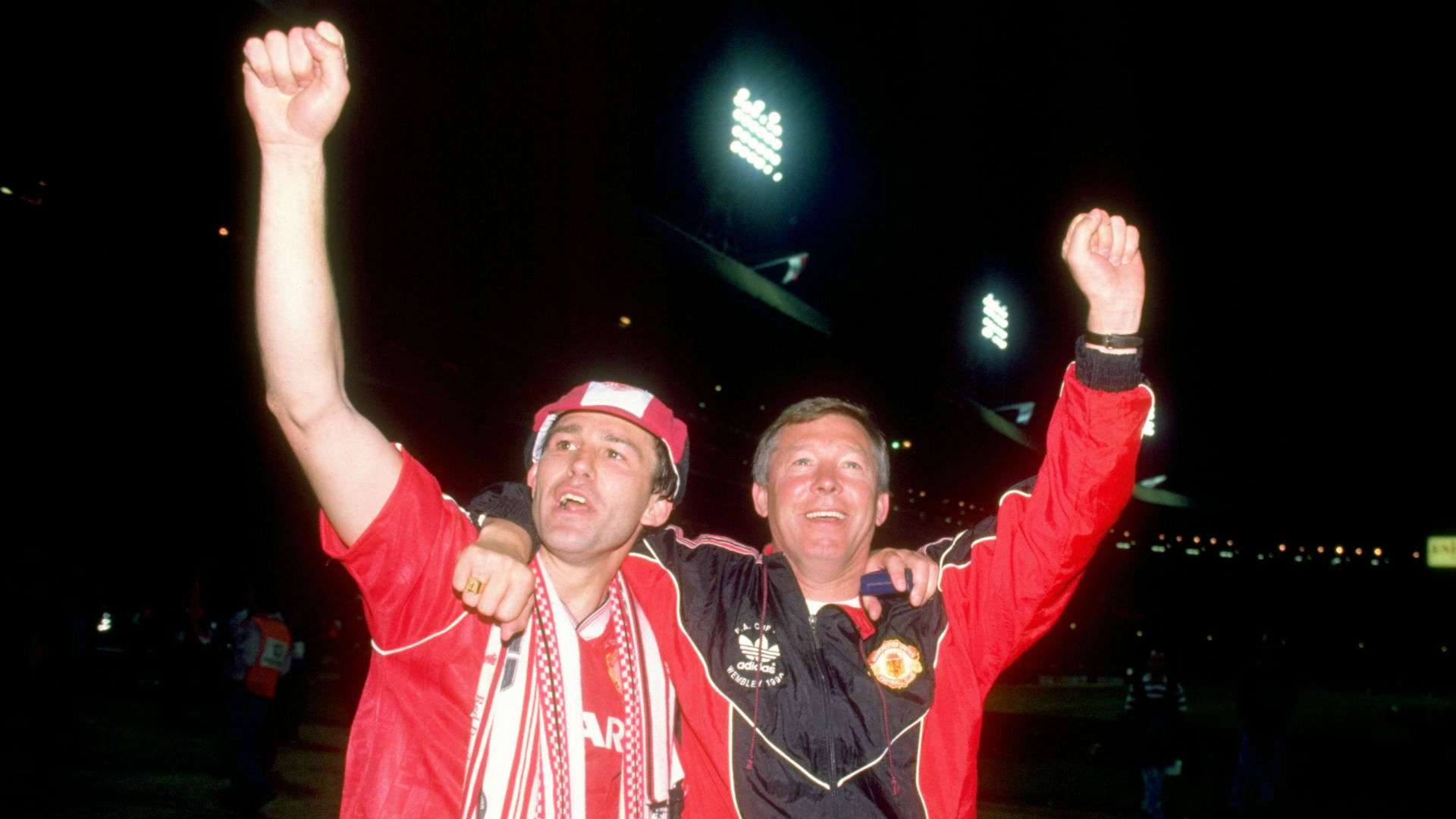 Getty Images
Getty Images
That means Ferguson’s first four years at Old Trafford would have been trophyless, with league finishes of 2nd, 11th, 13th, and 6th to show for his work. He would not have survived without that FA Cup triumph.
So, it is no exaggeration to say that without Robins’ intervention, Ferguson would have lost his job before winning his first Premier League title.
It is almost impossible to imagine how different English football would be had United’s FA Cup third-round tie swung the other way.
All sorts of pivotal moments in the creation of the modern Manchester United would not have happened. For example, a manager change by 1990-91 probably means no runners-up medal in 1991-92, a feat that convinced Eric Cantona Old Trafford was a good career move.
Cantona was instrumental to United winning their first Premier League title the following season, without which Roy Keane – signed for a club-record £3.75 million ($4.7m) in 1993 – also might not have joined.
-
How Lampard's 'ghost goal' led to VAR chaos
-
Madrid, Maradona & the game that killed the European Cup
-
How Man Utd helped convince Abramovich to buy Chelsea
No Ferguson means no Cantona, which means no Keane. The first half of the 1990s was defined by how these three men shaped the club.
A crude calculation tells us that without Ferguson’s sudden revival in the early 1990s, Aston Villa would have won the 1992 title, while Blackburn would win back-to-back in 94 and 95 and Newcastle would do the same in 96 and 97. Who knows what success like that would have done to the trajectory of either club?
However, it is obviously too simplistic to entirely remove United from the equation. They could still have risen to some form of prominence under a big-name manager of the era.
However, we can predict with confidence that Arsene Wenger’s achievements at Arsenal would be far more substantial, with as many as seven consecutive titles between 1997 and 2004. There was nobody else, apart from Ferguson’s United, even close to playing their standard of football in that era.
Putting aside the accolades and annals of English clubs, it is the aura of Ferguson’s achievements and his style of management that would be most sorely missed.
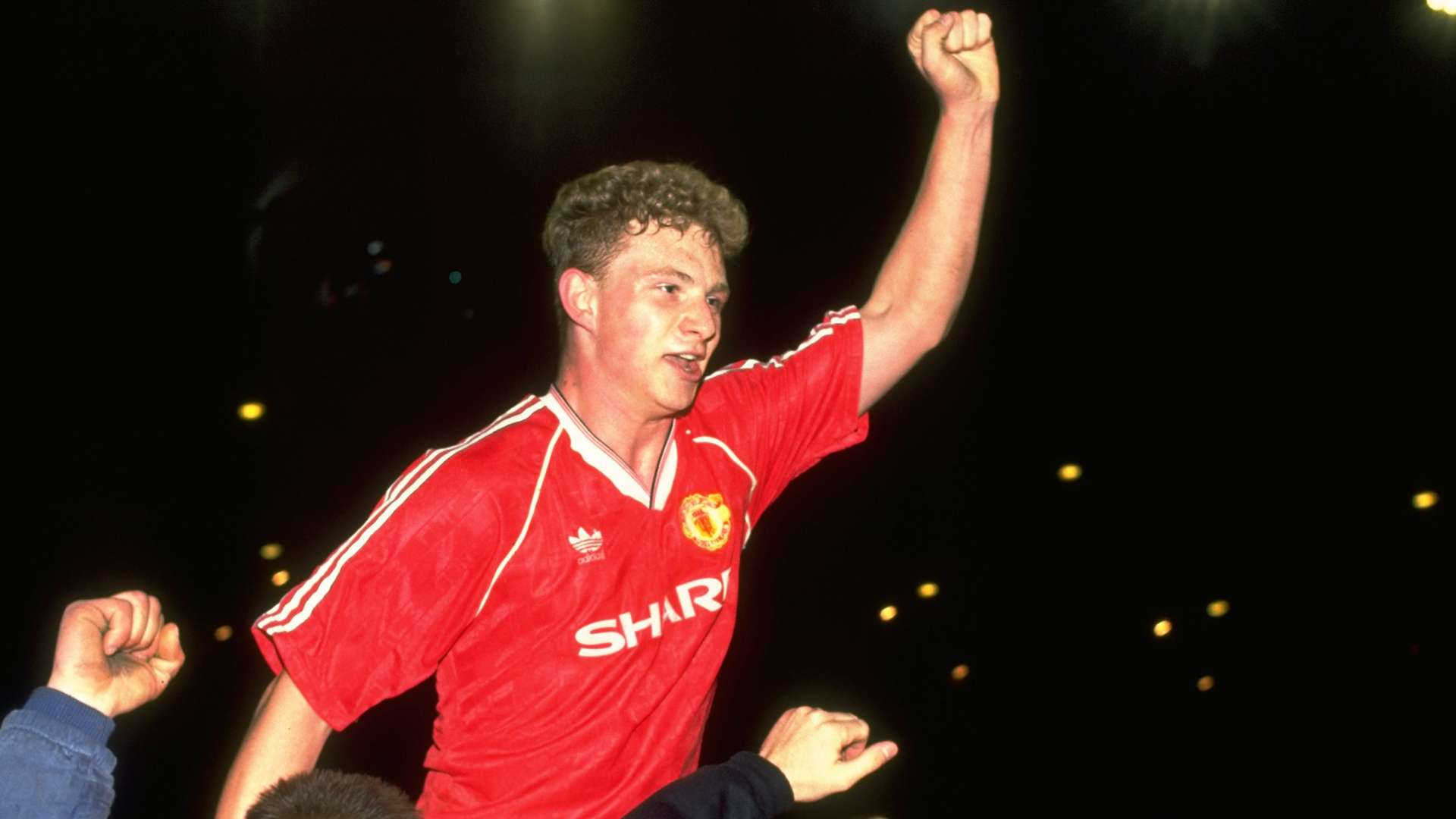 Getty
Getty
Many of his former players are now top-level managers, while coaches as disparate as Jose Mourinho and Pep Guardiola have been influenced by Ferguson’s abilities, from his Keegan-poking mind games to his siege mentality tactics to the staff clear-outs that were the key to his longevity.
Then again, Ferguson’s genius suggests being fired before 1992 would not have meant the end of him as a top manager. Had he left United by the end of 1991, then maybe Aston Villa, a year after finishing runners-up, would have hired him instead of Ron Atkinson.
In later years, Ferguson admitted to having a soft spot for Villa, and that of all the clubs fighting for a place at the top table in the early 1990s, he always thought Villa would be the ones to make it. In an alternate universe, maybe they did – with Ferguson at the helm. Or maybe Doug Ellis and Alex Ferguson was a comically disastrous partnership and it all ended in tears.
What we do know, though, is that Robins' header put Man Utd on course for their first major trophy in five years. They squeezed past Hereford United, Newcastle and Sheffield United in successive rounds, before beating Oldham in the semi-finals and Crystal Palace in the final, both on replays, to lift the FA Cup.
We all know what happened after that first piece of silverware. Two decades of dominance brought Ferguson and United 13 league titles, two Champions Leagues, six FA Cups, and four League Cups.
And to think one goal, in a scrappy cup game at Forest in 1990, was the sliding doors moment that started it all.
“I had no idea that goal against Nottingham Forest would become so important in the history of Manchester United,” Robins told The Telegraph in 2016. “How could I have known at the time?”
How could anyone?
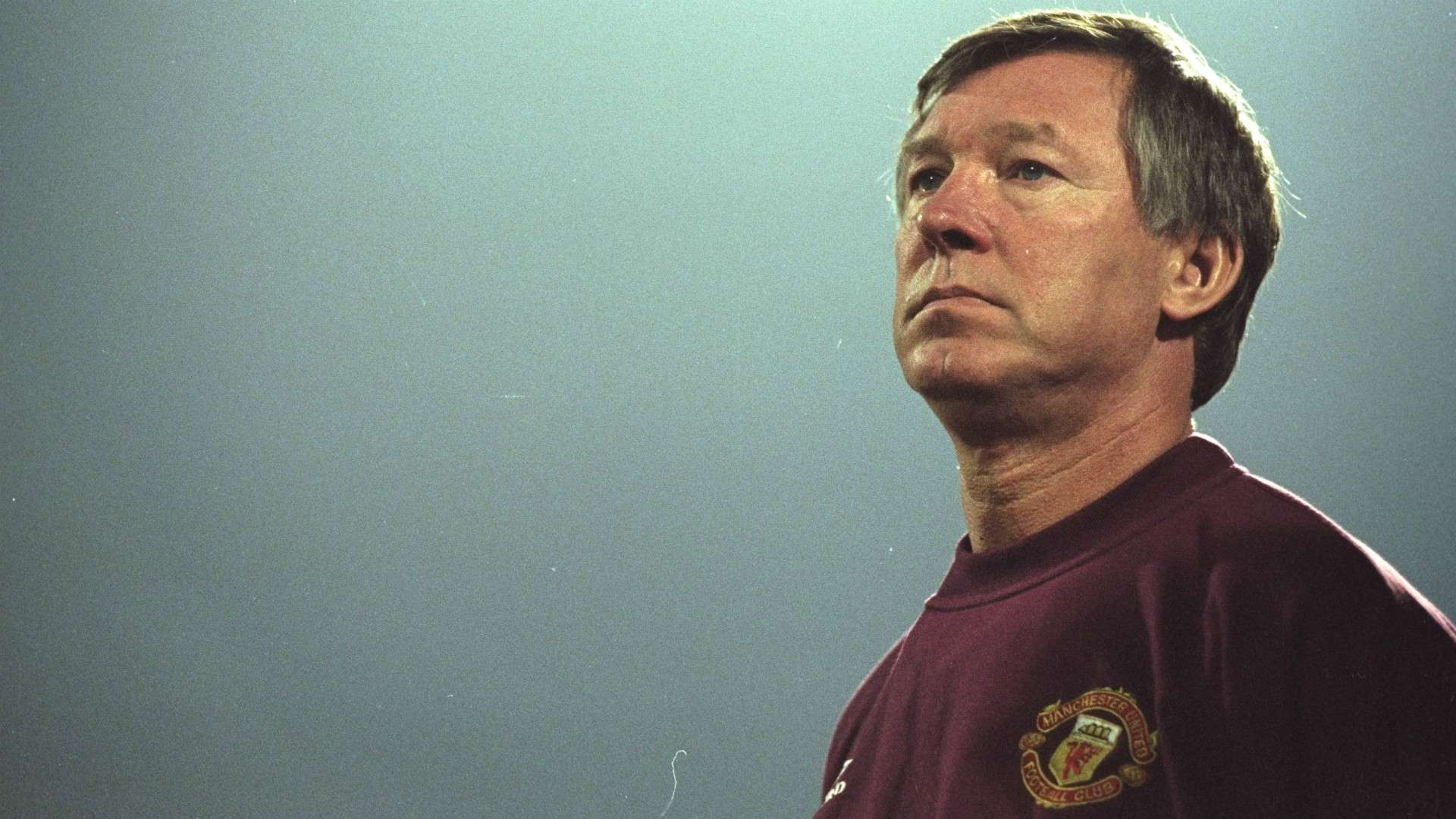




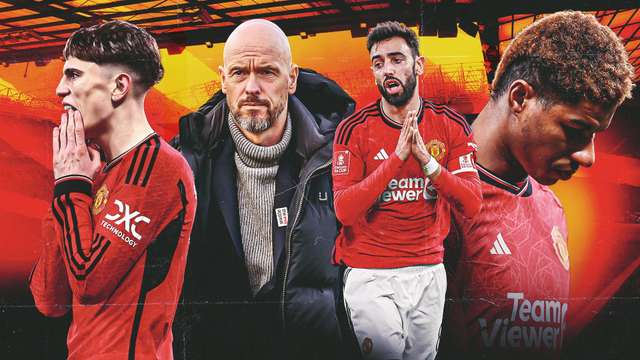
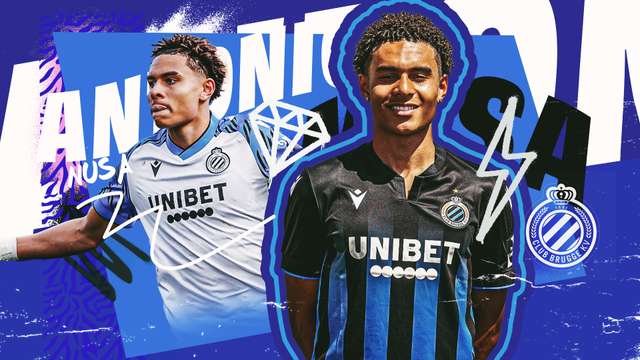
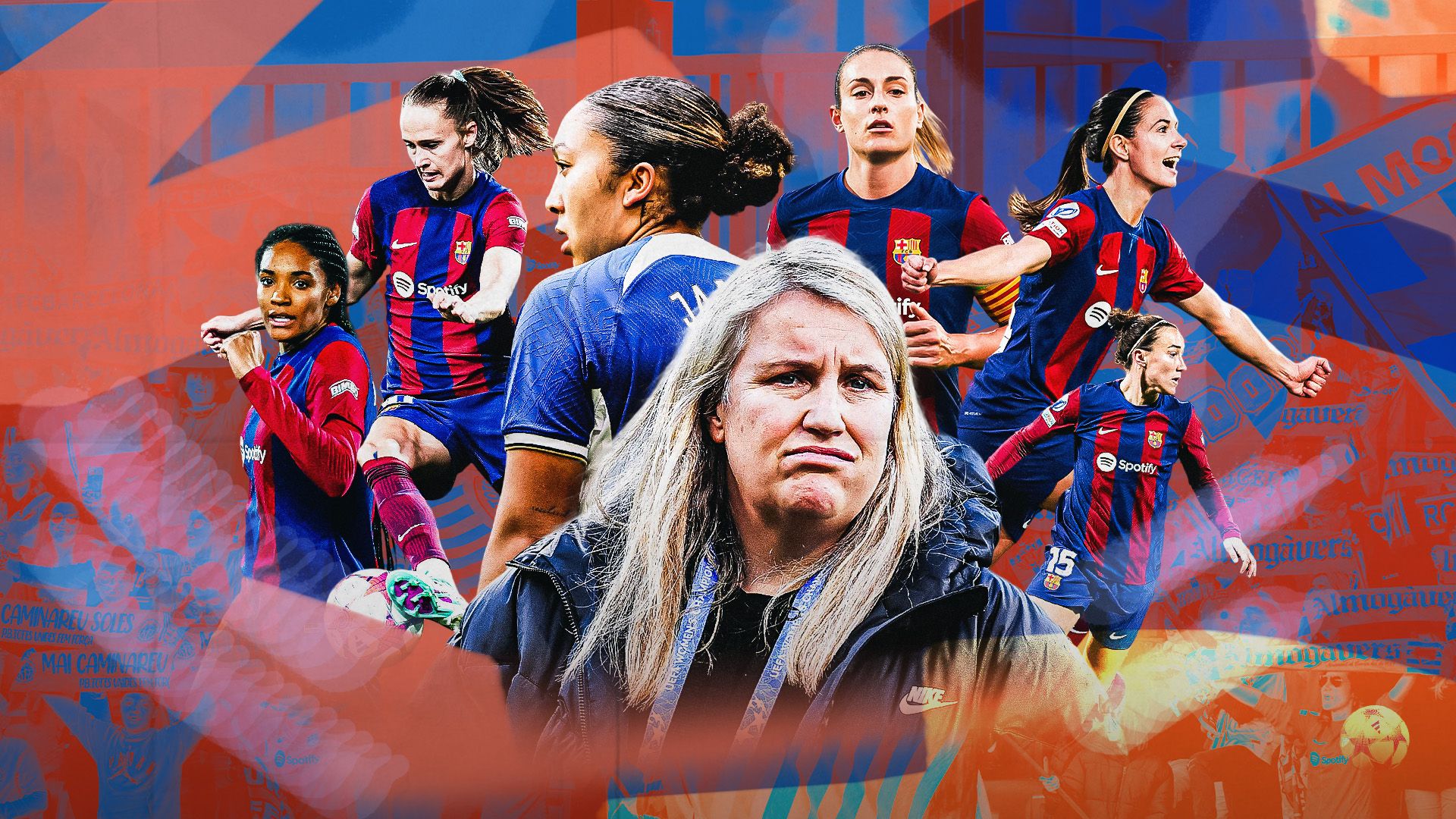.jpg?auto=webp&format=pjpg&width=640&quality=60)
.jpg?auto=webp&format=pjpg&width=640&quality=60)